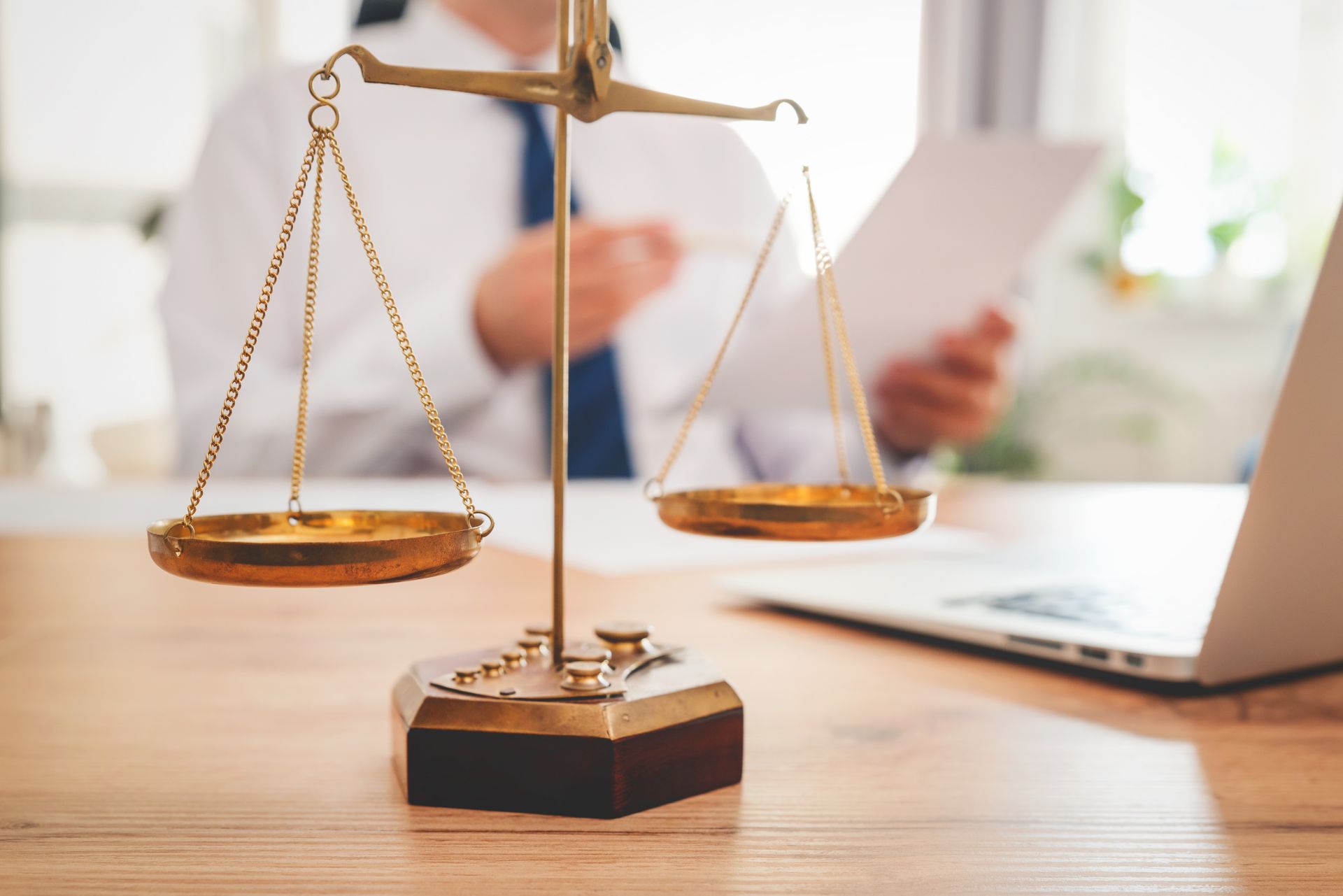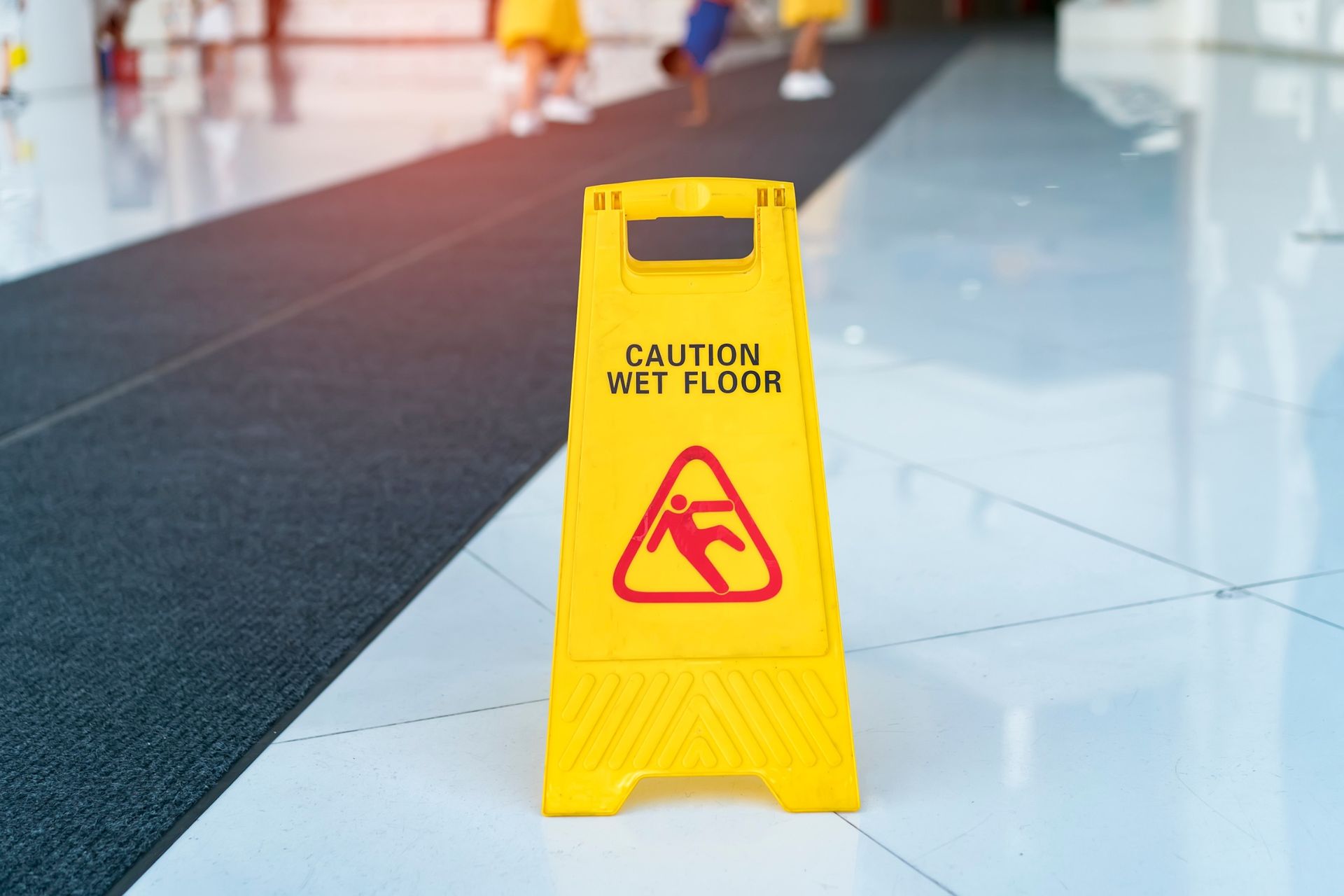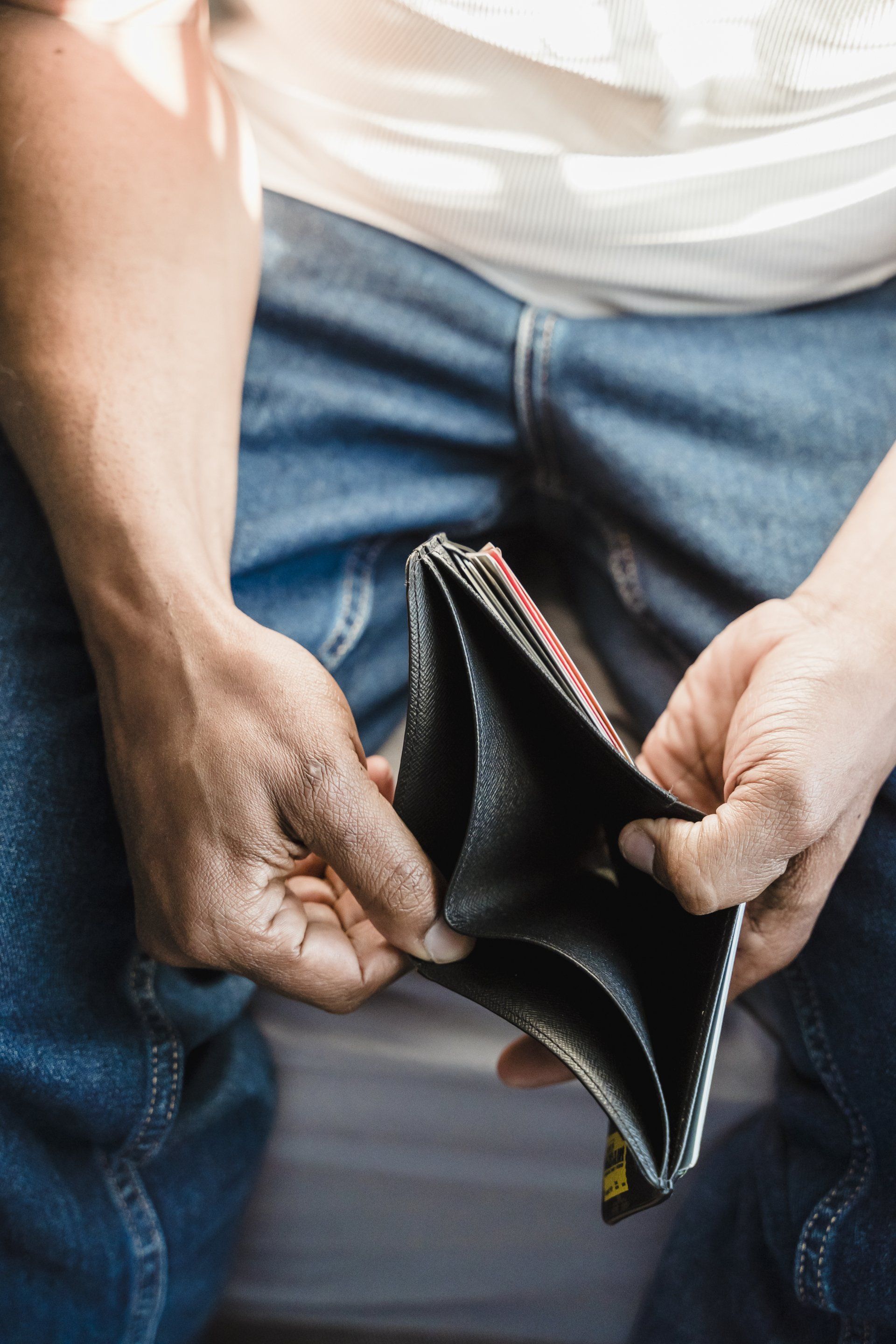Comprehensive Guide to Filing a Wrongful Death Lawsuit in Florida
Comprehensive Guide to Filing a Wrongful Death Lawsuit in Florida
Comprehensive Guide to Filing a Wrongful Death Lawsuit in Florida
Losing a loved one is always a heartbreaking experience. However, the pain can be even more unbearable when their death was caused by someone else's negligence or unjust act. In such situations, filing a wrongful death lawsuit might help you receive compensation and justice for your loss. Still, going through this legal process can be daunting and overwhelming without proper guidance and support. This blog aims to provide Melbourne, Florida residents with a comprehensive guide to filing a wrongful death lawsuit, what damages they can recover, who can file, and how an attorney can help.
Understanding the Legal Process of Filing a Wrongful Death Lawsuit
A wrongful death lawsuit is a civil lawsuit that seeks damages for the death of a person that was caused by the negligent, recklessness, or intentional act of another person or entity. The legal process of filing a wrongful death lawsuit in Florida consists of several steps, including:
1. Filing a complaint - The first step is to file a wrongful death complaint in court, which is a legal document that outlines the plaintiff's allegations against the defendant.
2. Serving the defendant- After filing the complaint, the plaintiff's attorney then serves the defendant with a copy of the complaint and a summons to appear in court.
3. Pretrial discovery- During this phase, both the plaintiff and the defendant's attorneys gather evidence and information from each other to build their cases.
4. Settlement or trial- If the parties reach a fair settlement, the case may be resolved outside of court. Still, if no settlement is reached, the case will go to trial, and a jury will decide if the defendant is liable for the death and what damages they should pay.
Who Can File for a Wrongful Death Lawsuit?
In Florida, only certain family members and representatives of the deceased's estate can file a wrongful death lawsuit. These include:
1. Spouses- A surviving spouse can file a wrongful death lawsuit, whether they were legally married or in a registered domestic partnership.
2. Children- If the deceased didn't have a spouse, their children can file a lawsuit.
3. Parents- If the deceased was a minor, their parents can file a lawsuit. If the deceased was an adult but had no spouse or children, their parents could file a lawsuit.
4. Personal Representative- If the deceased had a will, a personal representative named in the will can file a lawsuit. If there was no will, the court will appoint a personal representative to represent the deceased's estate.
What Damages Can I Recover for a Wrongful Death Lawsuit in Florida?
In a wrongful death lawsuit, the plaintiff can recover various damages, including:
1. Economic Damages- Economic damages refer to the financial losses that the plaintiff incurred due to their loved one's death, such as funeral expenses, medical bills, lost income, and future earnings.
2. Non-Economic Damages- These refer to the losses that don't have a precise monetary value, such as emotional distress, pain, and suffering, loss of companionship, and loss of guidance.
3. Punitive Damages- In some cases, the court may award punitive damages to punish the defendant for their actions and to deter them and others from engaging in similar behavior.
How Can An Attorney Help Me?
Filing a wrongful death lawsuit can be challenging and emotionally draining, especially when you're grieving. Hiring an experienced attorney can help ease the burden and provide you with the legal guidance and support you need. An attorney can help you with:
1. Evaluating your case's strengths and weakness and the likelihood of success.
2. Gathering evidence, interviewing witnesses, and assessing the damages.
3. Negotiating with insurance companies or the defendant's lawyers to reach a fair settlement.
4. Representing you in court if your case goes to trial.
At Mann Law, We Can Assist the Melbourne, Florida Public with Wrongful Death Accidents Matters
At Mann Law, we understand that losing a loved one can be devastating, but we're here to help you through this tough time and seek justice for your loss. Our experienced attorneys can assist you in filing a wrongful death lawsuit, and we'll work hard to secure maximum compensation for your damages. Contact us today for a free case evaluation.
Filing a wrongful death lawsuit is never an easy or straightforward process, but it may help you hold the responsible party accountable and receive the compensation you need to move forward. If you're in Melbourne, Florida, and you need legal assistance in a wrongful death case, our team at Mann Law is here to help. We're committed to fighting for justice for our client's loss and providing compassionate support throughout the legal process. Call us today to schedule your free case evaluation.










